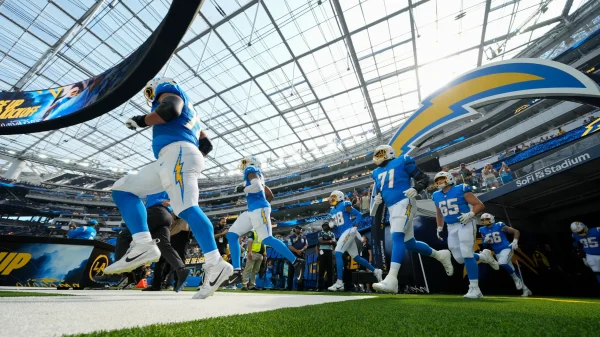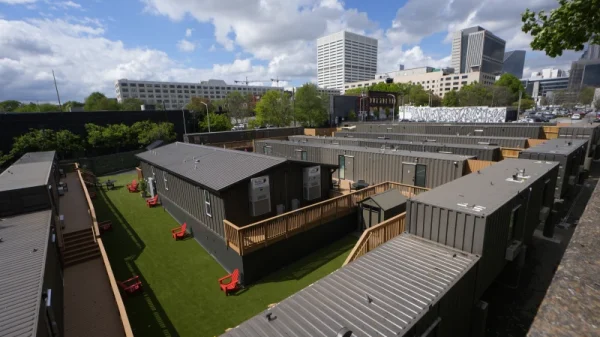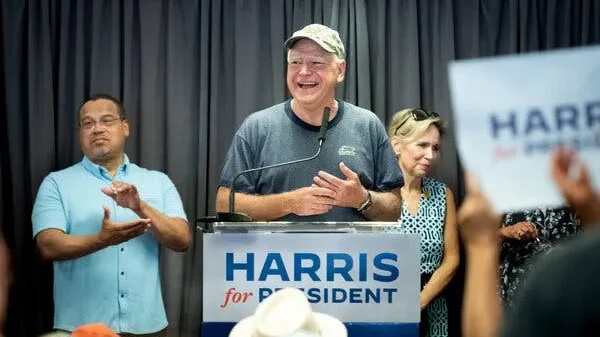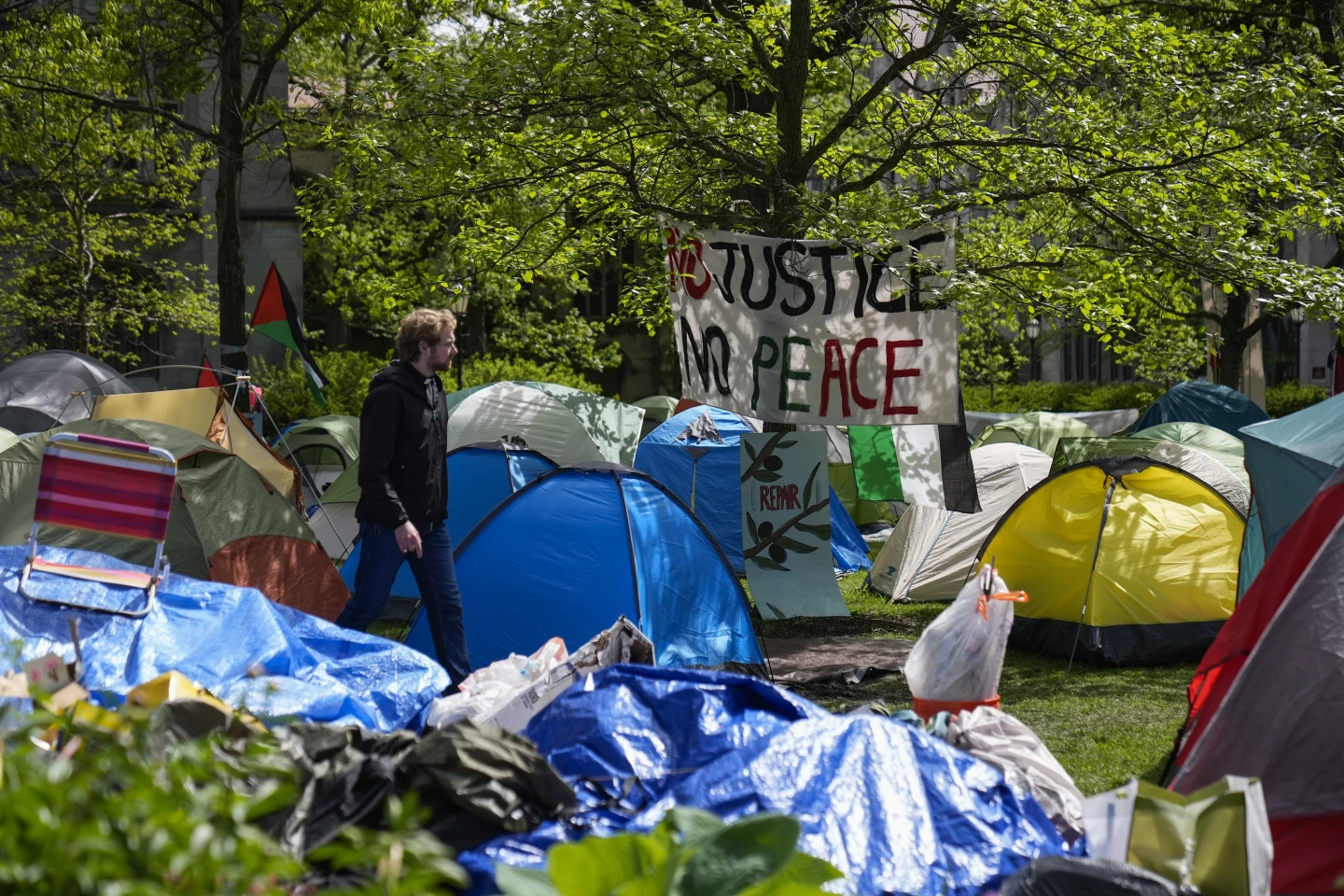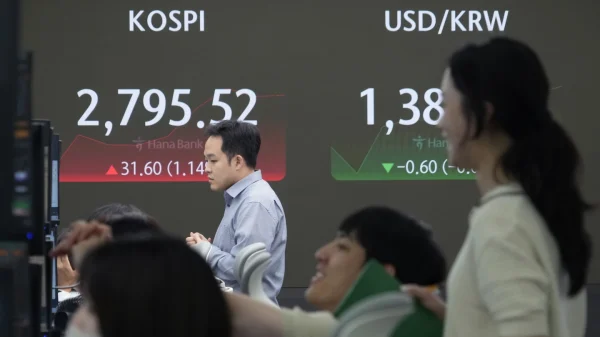Anti-war protests halted this week at a few U.S. universities after school administrators reached agreements with pro-Palestinian demonstrators, preventing potential disruptions during final exams and graduation ceremonies.
These agreements, seen at institutions like Brown, Northwestern, and Rutgers, contrast sharply with the tumultuous scenes and over 2,400 arrests across 46 campuses nationwide since April 17. Activities such as tent encampments and building occupations have disrupted classes at schools such as Columbia and UCLA.
The deals typically involve commitments from universities to reassess their investments in Israel or consider calls to cease business dealings with the longtime U.S. ally. Many protesters demand a focus on ties to the Israeli military amid the ongoing conflict in Gaza.
Even agreeing to discuss divestment represents a significant shift on a historically contentious issue. Critics of long-standing efforts to boycott Israel argue that such actions verge on antisemitism. While universities have made concessions regarding protester amnesty and funding for Middle Eastern studies, they have not committed to altering their investments.
Ralph Young, a Temple University history professor specializing in American dissent, suggests that for some universities, these discussions may merely be a tactic to defuse current protests, especially as the semester concludes.
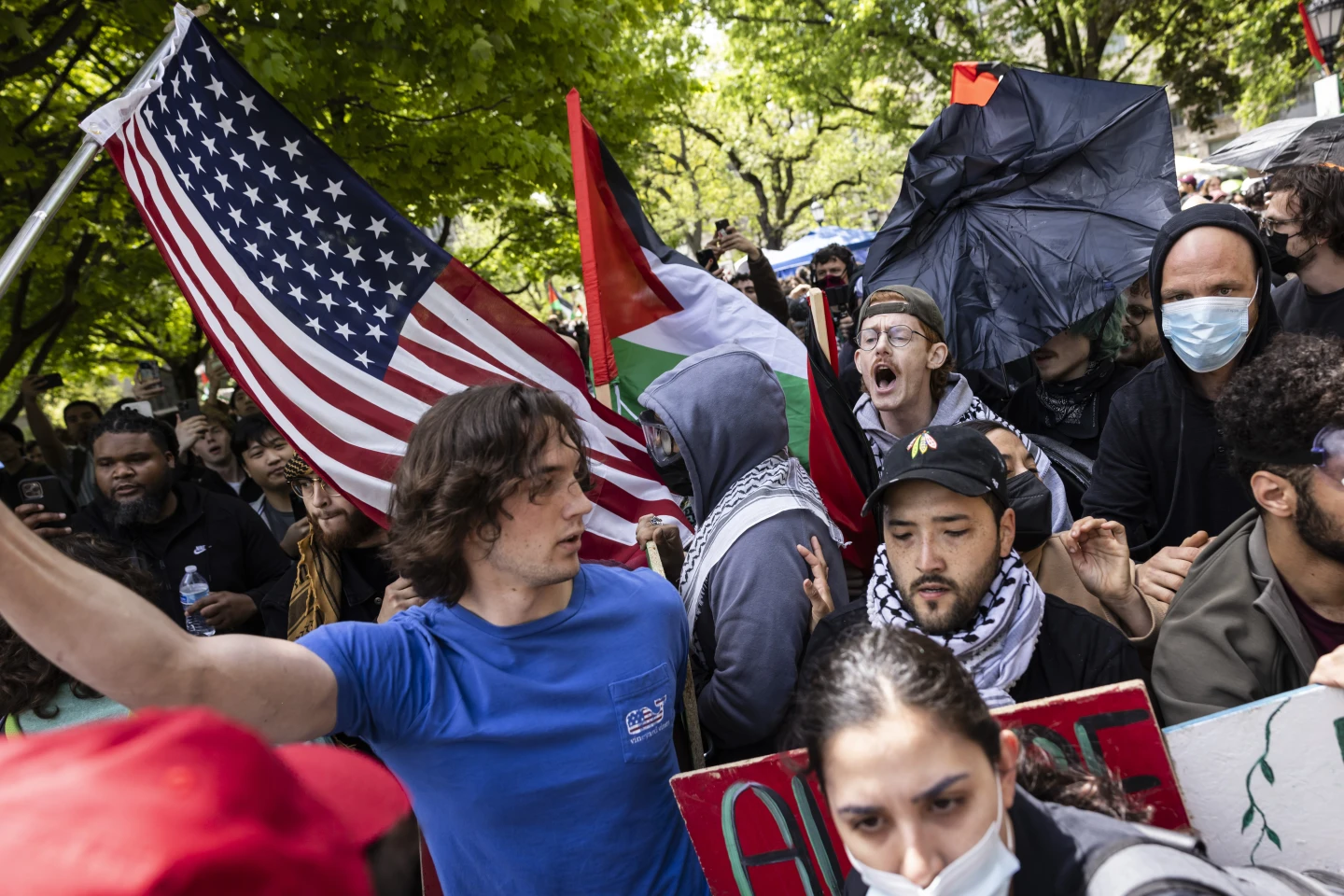
Protesters clash with other protesters (Ryan Jackson/Shutterstock)
He notes that some universities may never vote on divestment due to the complexity of the process, and state schools have cited legal limitations.
Young believes that dialogue is preferable to arrests, which can escalate tensions. “At least gives the protesters the feeling that they’re getting somewhere,” he remarks, though he questions the progress being made.
At the University of Vermont, protesters claimed a victory when the administration announced that U.S. Ambassador to the United Nations Linda Thomas-Greenfield would no longer deliver the commencement address later this month. The decision followed demands from protesters, who established an encampment and objected to Thomas-Greenfield’s role in U.S. vetoes of UN cease-fire resolutions.
Israel has denounced the protests as antisemitic, while critics argue that such accusations aim to silence dissent. Despite incidents of antisemitic remarks or threats, protest organizers, some of whom are Jewish, assert that their movement is peaceful, aiming to advocate for Palestinian rights and oppose the ongoing conflict.







